microblog
💬 Back in 2018 I said “the next Web will be fit for humans”.
And how did that little prediction go? Well, I’ve updated my original post with some reflections.
How to get Strata for micro.blog up and running
I’ve decided to make use of the ‘notes’ feature in micro.blog.
This is like making private posts in a blog. But my main use case is brainstorming future blog posts. I want to take notes of half-formed ideas, which may or may not end up as blog posts. They’re not quite draft quality, but I have a hunch they’ll end up as public posts, not just remain as private notes.
The Notes feature is very easy to use. You make notes from the main page by clicking on the ‘Notes’ menu item.
And you can set up multiple ‘notebooks’, which you can rename at will.

But there’s also an iOS app called Strata to make the experience easy and fun. That’s what I wanted to try.
Micro.blog photo challenge April 2024. Day 3: Card. My daughter made this card for my birthday, to go with a themed collection of sci-fi novels.

#mbapr
📷 Micro.blog photo challenge April 2024. Day 2: Flowers. This extraordinary bunch came our way. What a beautiful gift!

#mbapr
Updating a Wordpress site this weekend felt like a chore. I really wanted to enjoy it, but the writing interface, with its content blocks, seemed to block the flow. Why is it like this? Feels like the priority is machine convenience, not the human experience. Opinions, anyone?
The only problem with 📷🎉 completing the September 2023 micro.blog photoblog challenge - 30 days of posting photos - is that by the end I kind of felt like I needed a short rest. But with normal service now resuming, I’m writing slowly again!
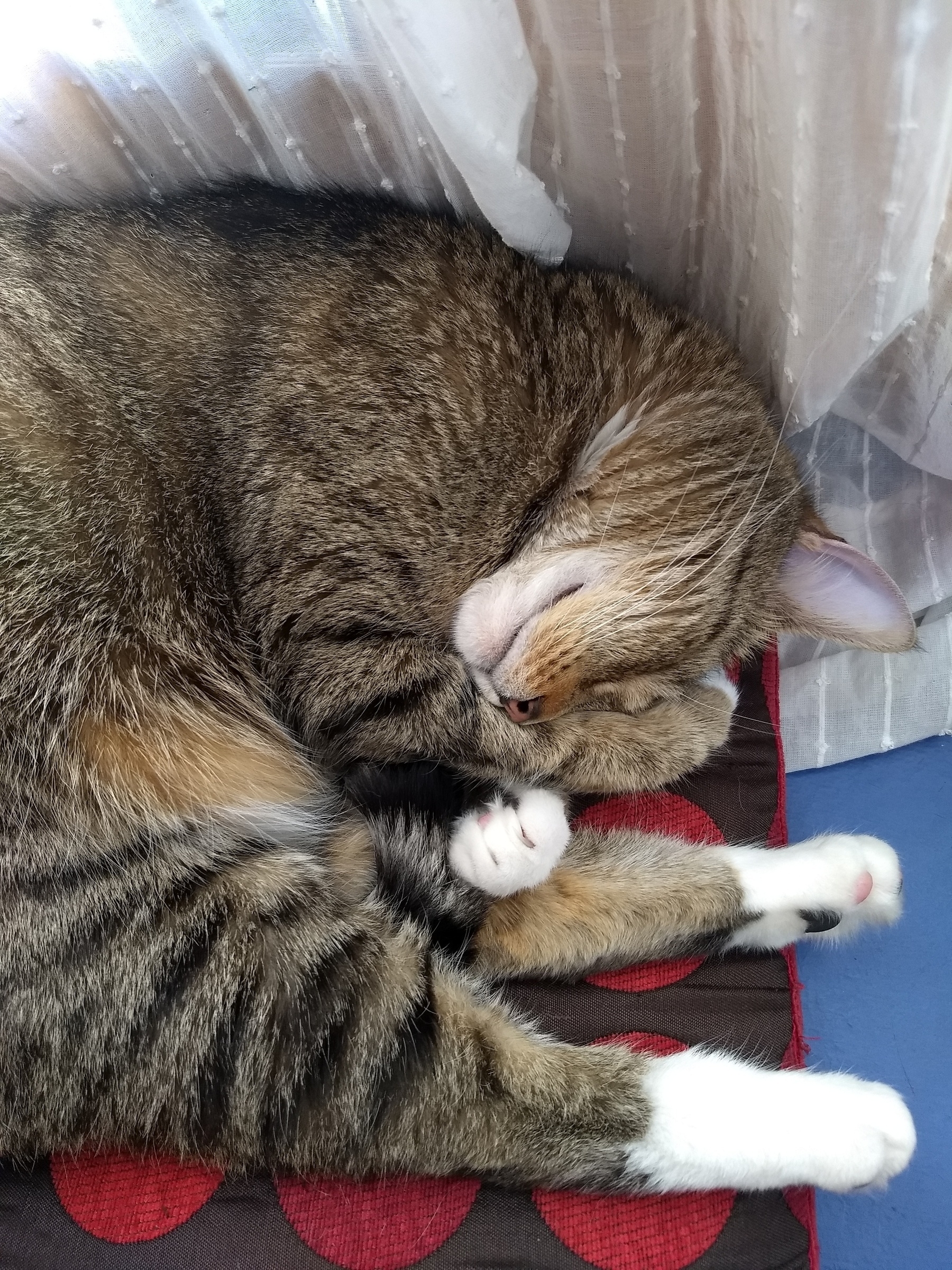
📷🎉 Celebrating the completion of the September 2023 micro.blog photoblog challenge. 30 days of posting photos. I’ve really enjoyed seeing how everyone else interpreted the prompts.
📷 Day 28: workout (@rom) #mbsept
It might just work out, but it’ll certainly be a workout.

📷 Day 27: embrace (Matt, aka @mroutley) #mbsept
This pub gets a big tick! (It’s obviously the only pub in Bodalla).

📷 Day 26: beverage (@Annie) #mbsept
Art at The National Gallery of Victoria: 100 glasses (1991-92).
glassblower: Michael Hook
engraver: Perry Fletcher.

📷 Day 25: flare (Matthew, aka @matt17r) #mbsept
Sydney’s Darling Harbour may feel like an over-developed tourist trap, but I must admit, sometimes it really comes good.

📷 Day 24: belt (George, aka @allaboutgeorge) #mbsept
When we visited CERES in Melbourne, we also walked past this velodrome. 🚲 A bike path that goes on forever!
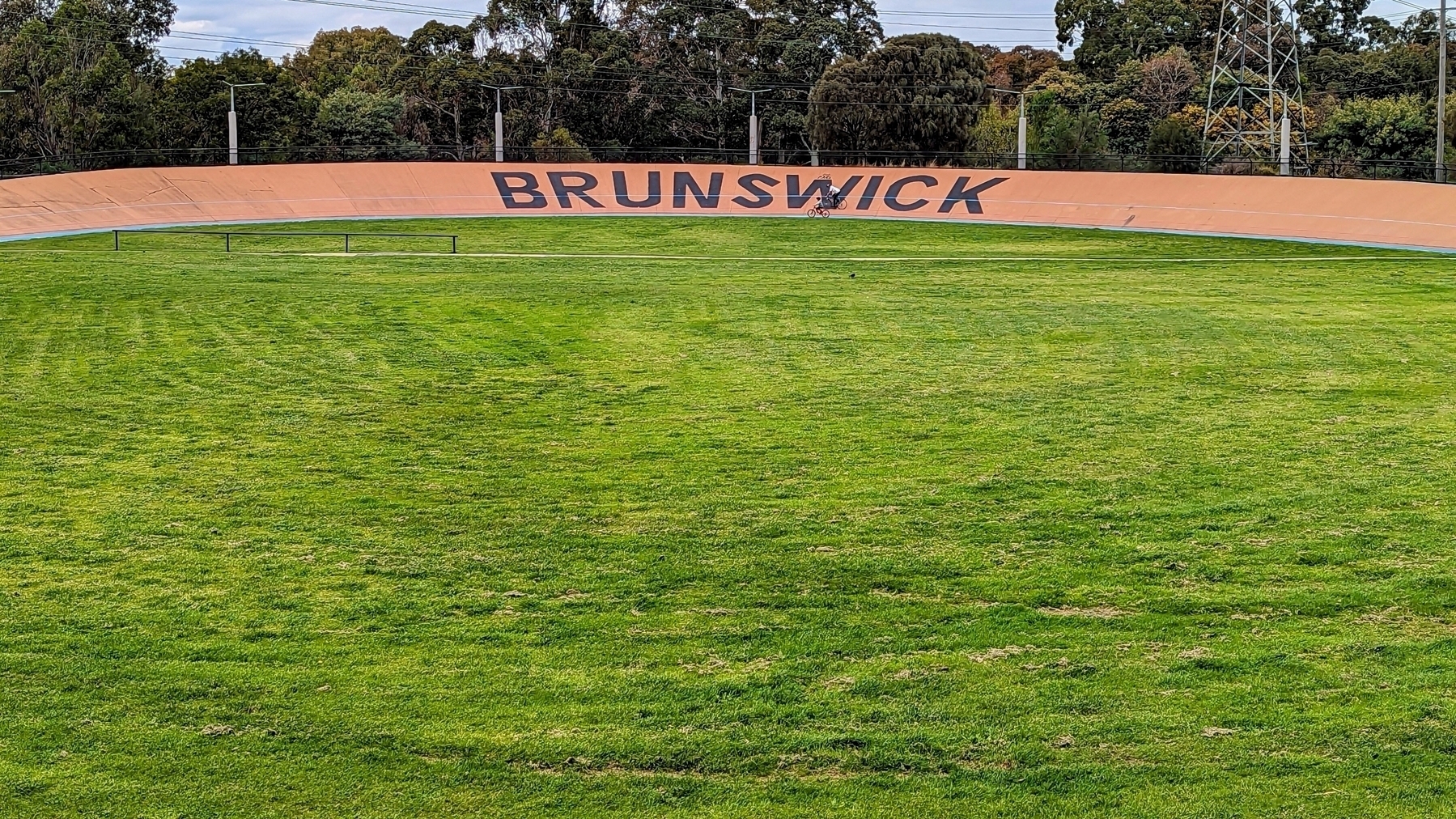
📷Day 21: fall #mbsept
Coat-hanger season might be my favourite time of year.
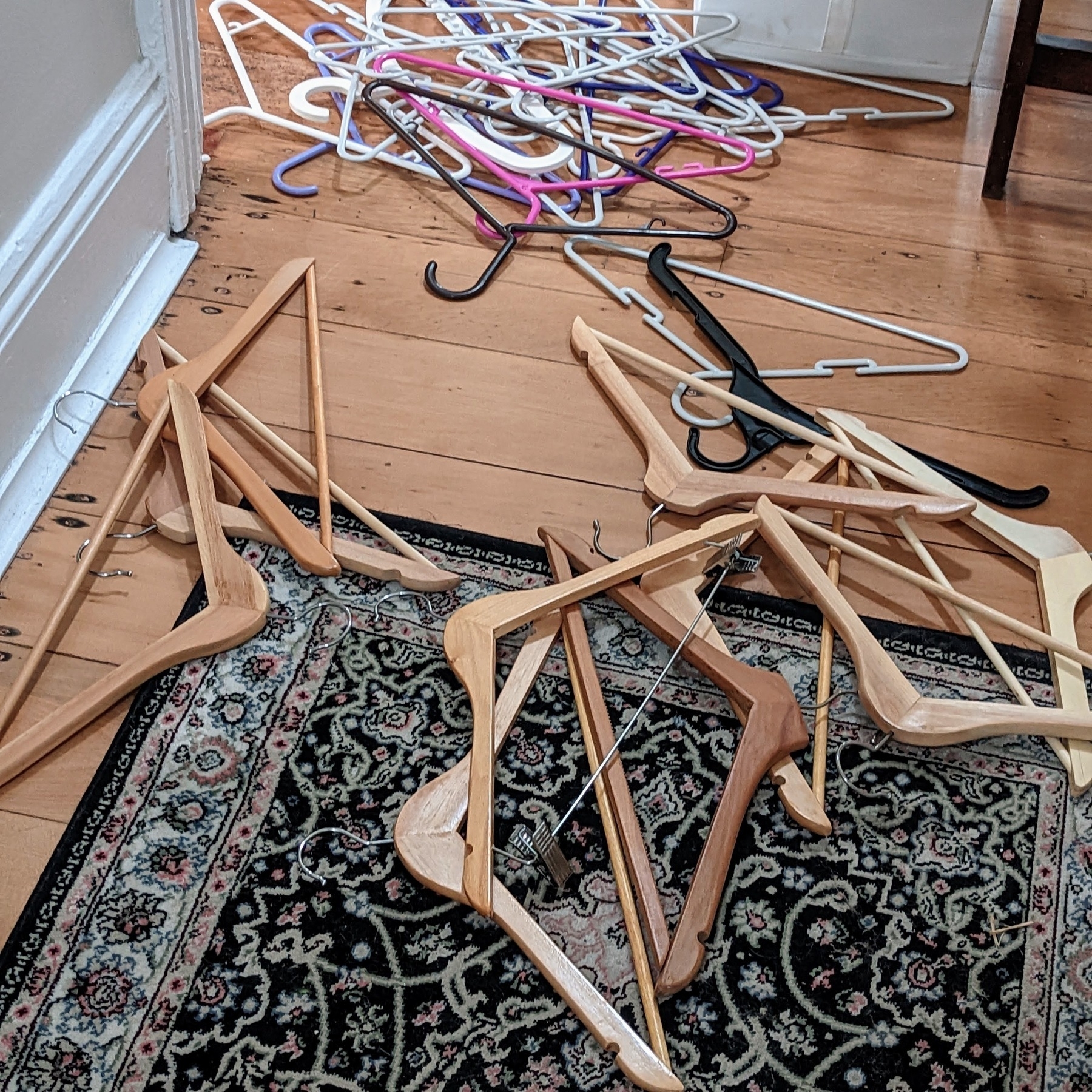
📷Day 20: disruption #mbsept
Sometimes you have to protest to stop the disruption.
“Let’s dream new blueprints for the world we want to live in.” 💬

📷 Day 17: “intense” #mbsept
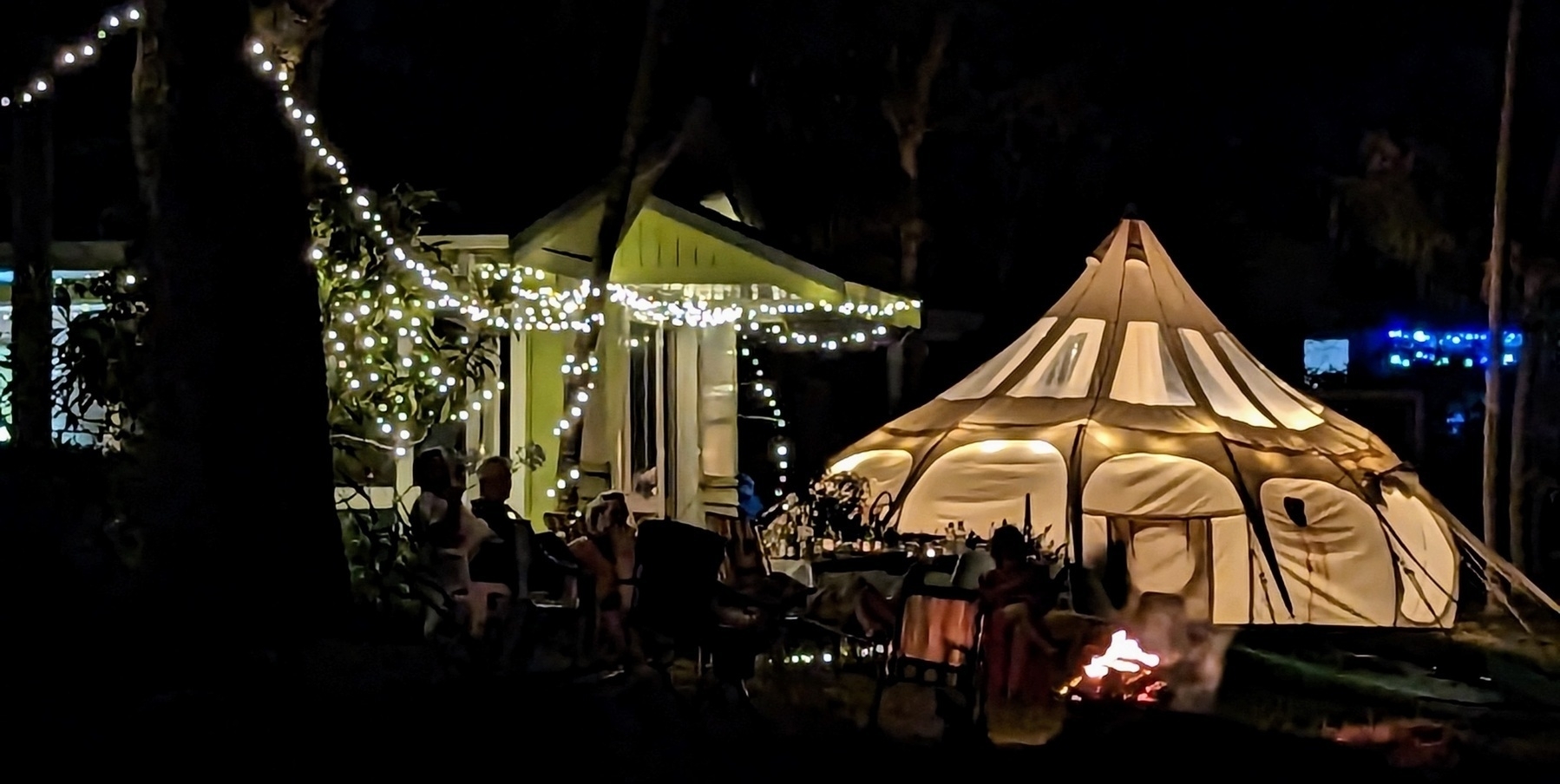
📷 Day 16: oof! #mbsept

📷 Day 14| statue #mbsept
Food for thought.
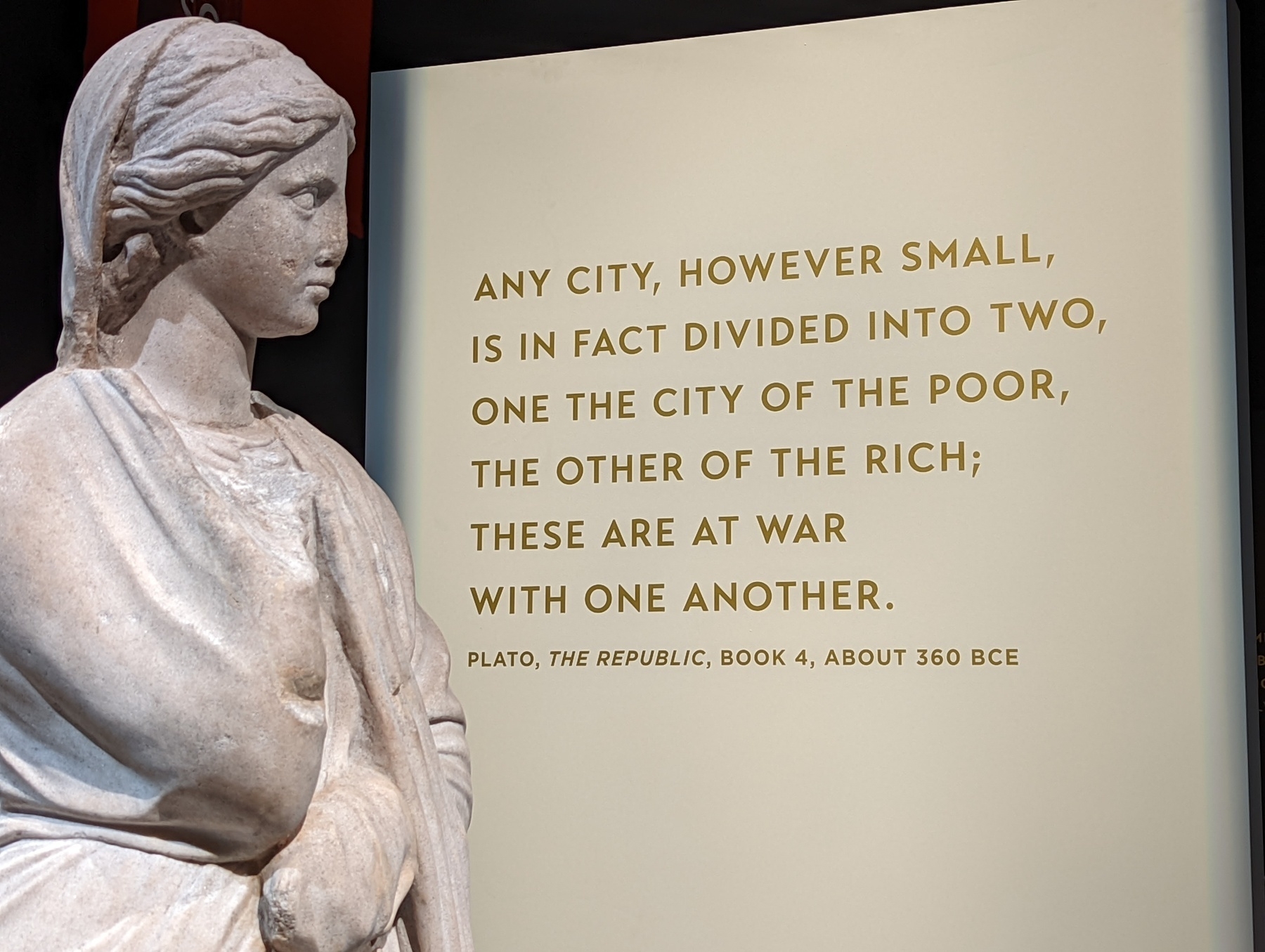
As 9/11 is commemorated again it’s worth reflecting on why some people are wary of US foreign policy. This 9/11 is also the 50th anniversary of the Nixon/Kissinger coup in Chile.
If you think human rights is all ‘liberal crap’, as Nixon did, that right there is why we remain wary.
“¡Nunca más!” 💬
📷 Day 13| glowing #mbsept
Sydney Airport at dusk.

